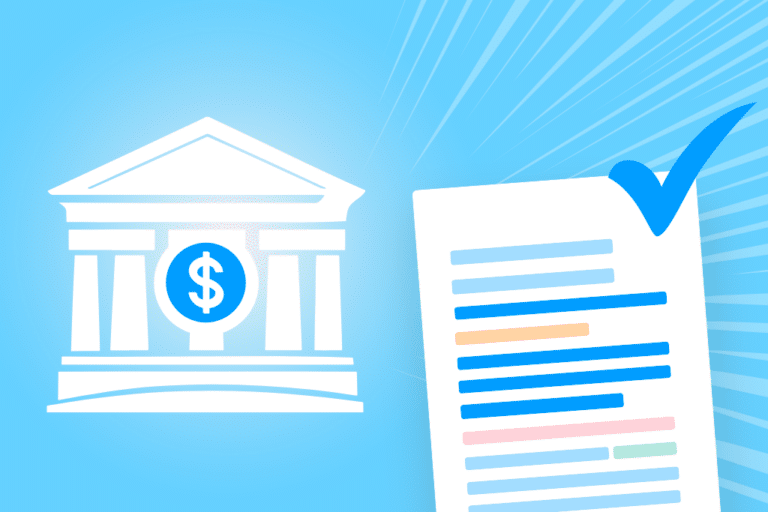When a data breach occurs within an organization, IT is typically the first department to be alerted. However, it is critical the general counsel is involved. Here’s why:
Bringing general counsel to the table during a data breach is crucial for preventing and resolving data privacy concerns. The general counsel can ensure the company’s internal architecture operates in lockstep with the law and help mitigate any damage and protect the organization from unforeseen repercussions.
Proactive prevention against data breaches is key
There’s no magic bullet for preventing security breaches. Cyber-attacks happen to even the biggest and most protected organizations. However, active vigilance and robust security hygiene go a long way in averting such attacks.
Just recently, Microsoft was hit by an attack that originated in Europe but eventually spread to 70,000 computers across its Asian operations, and, early in 2021, the entire Irish healthcare system was nearly toppled by a devastating hack. And these cases aren’t outliers. Breaches like this are on the rise – the number of serious cyber-attacks in Europe doubled in 2020, according to the European Union Agency for Cybersecurity.
While cyber threats are unavoidable, there is a lot organizations can do to minimize their risk. And the general counsel is the best weapon in preventing them.
The legal team’s first task will be to ensure the company’s data protection policies meet or exceed legal standards and industry best practices. Inadvertently falling foul of statutes such as the General Data Protection Regulation (GDPR), for instance, can tie up the organization and incur punitive fines that far exceed the cost of good legal counsel.
In-house lawyers can also advise you of any potential problems, including contractual disclosures and notification obligations. This information can then be used to underpin your company’s security framework, giving you peace of mind that you’re using the strongest defenses possible.
Once a solid preventative policy is in place, it’s up to the legal department to ensure compliance.
GC can guide other employees on how to implement the company’s standards into their daily operations. The corporate legal department can also help to devise a company-wide response plan for all staff and run simulations, so the company isn’t scrambling to mobilize when attacks happen.
Responding to a data breach
Despite the most strict preventative measures, cyberattacks can still inevitably occur.
The general counsel can help their organization by reviewing action items, prioritizing the most urgent concerns, and ensuring the company adheres to the legal obligations that come into play when a breach occurs. The legal team will likely begin by assessing the extent of the damage, looking at factors such as the type of data, the scale of the breach, and the sensitivity of the materials involved. They’ll also review the organization’s contractual obligations, notifications, and other potential areas of liability.
In many cases, the legal team will need to work with external counsel to ensure the integrity of the process. For serious issues, a third-party forensic team may be needed to impartially examine the breach. This will put counsel into a more supportive role where they act as the link between the external investigation and in-house procedures.
Choosing the right tools for cybersecurity
From ransomware to phishing, it is difficult to guard against every threat. Companies with engaged and effective legal counsel will fare better than those who simply outsource everything to the technical team.
The most protected firms are those that incorporate both technology and legal expertise into their security architecture. The right software solutions can give your general counsel everything they need to ensure effective data governance. Custom-built frameworks will help in-house legal take a proactive approach, identify security gaps, stay compliant with regulations such as GDPR, and run audits where necessary.



